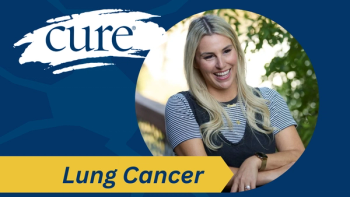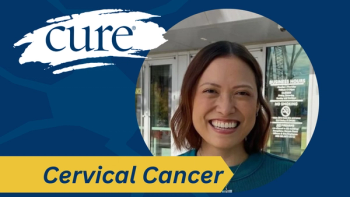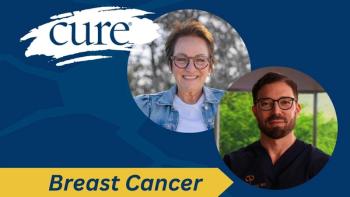
Surgery Versus Radiation in Prostate Cancer
Surgery has its side effects, says radiation oncologist Richard Stock, including possible incontinence and sexual dysfunction. While radiation is less invasive, it does have its own side effects.
Richard G. Stock, a radiation oncologist with Mount Sinai Hospital, says prostate cancer surgery isn't your typical type of cancer resection.
Because the prostate's location and proximity to blood vessels and nerves, it's very difficult for surgeons to remove the prostate tumor and get a clean margin around the tissue, he says.
"There are some limitations from a cancer standpoint," he says. "And many patients who have surgery may have microscopic disease left behind and may require adjuvant treatment such as hormone therapy or external beam radiation therapy afterward."
Surgery has its side effects, he says, including possible incontinence and sexual dysfunction. Radiation is less invasive, however, it has its own side effects.




